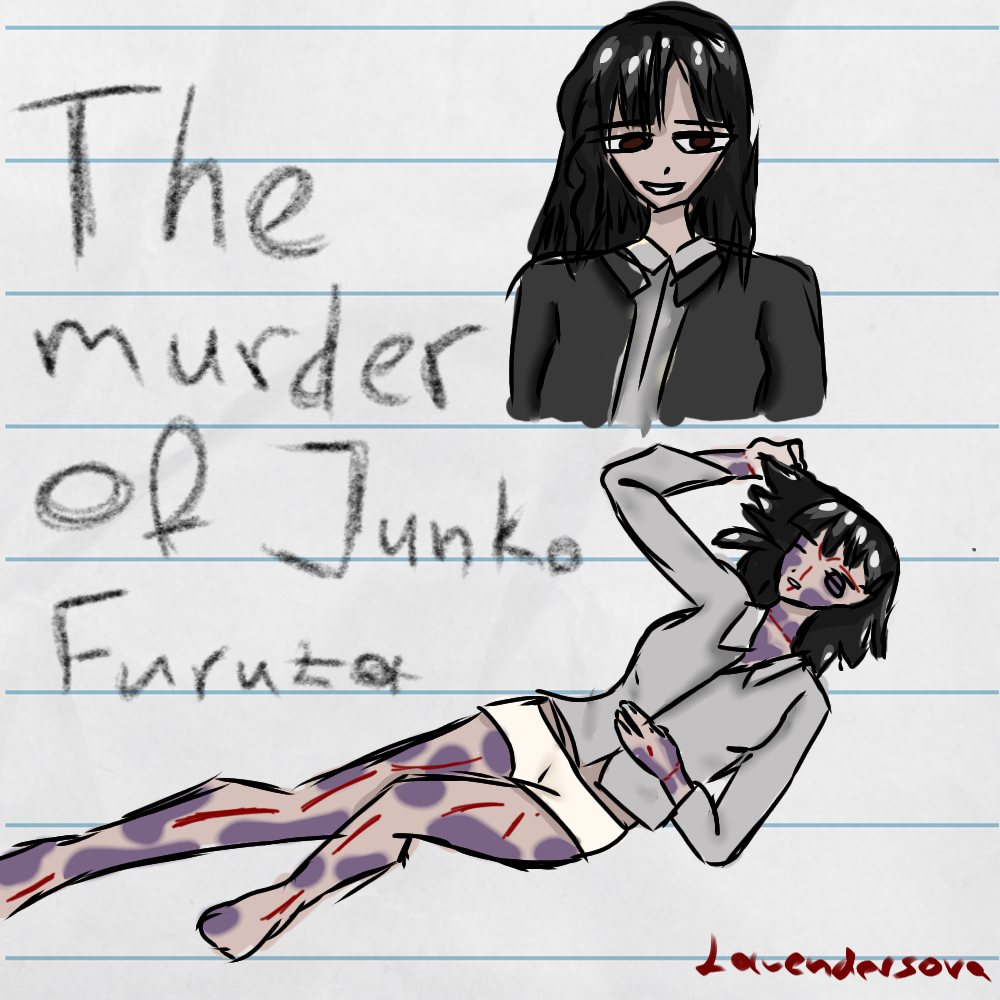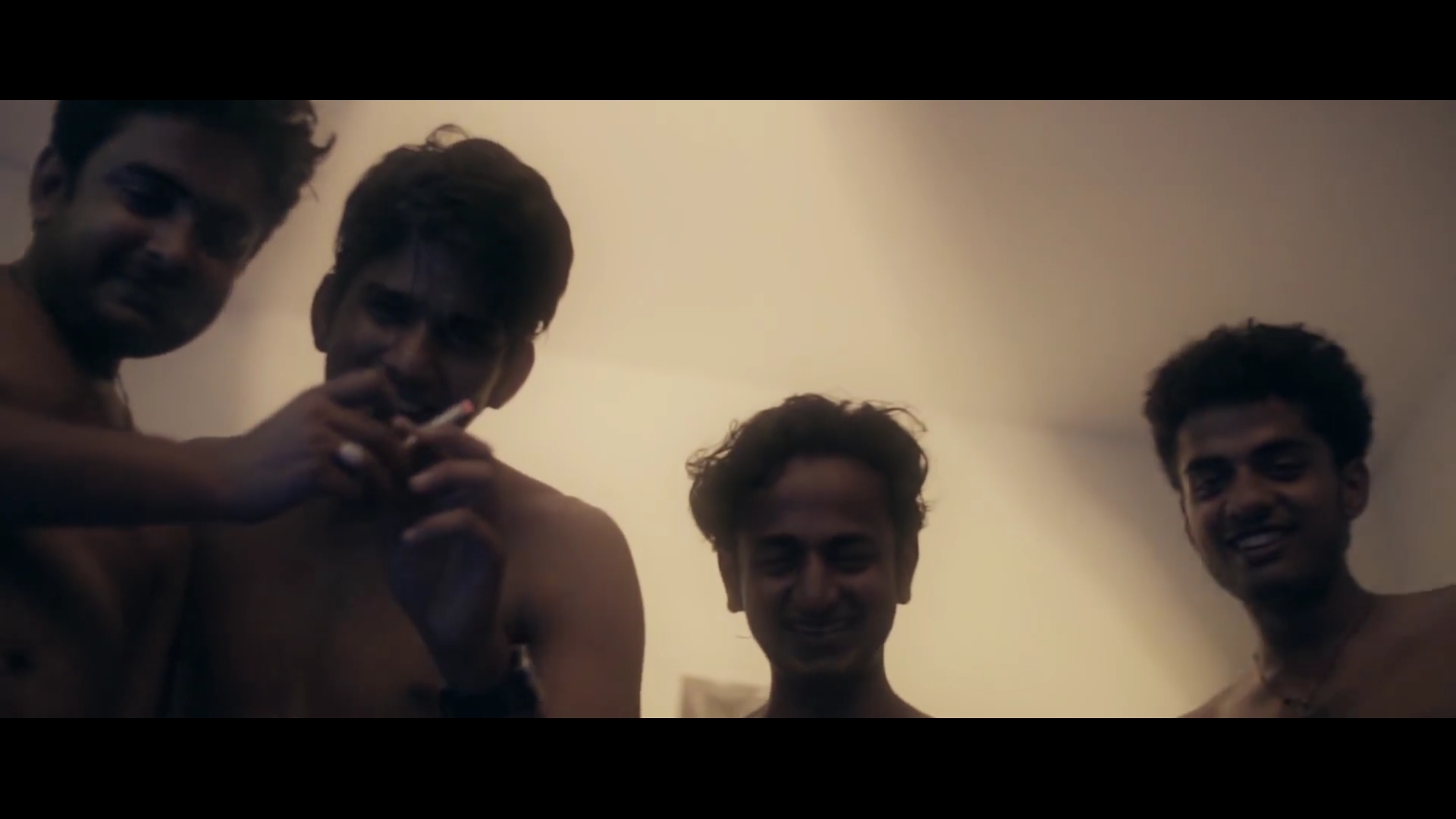On a cold November night in 1988, the world was introduced to a story that would haunt Japan's collective consciousness for decades. The case of Junko Furuta sent shockwaves through society, exposing the darkest corners of human cruelty and resilience. This isn't just another crime story; it's a deep dive into the events that unfolded around one of Japan's most infamous cases, shedding light on the tragedy that unfolded over those harrowing 44 days.
This ain't your typical true crime story, folks. What happened to Junko Furuta transcends the usual boundaries of crime and punishment. It's a tale that forces us to confront the depths of human depravity and the lasting impact of trauma on individuals and communities. The case isn't just about what happened to Junko; it's about the societal structures that allowed such an atrocity to occur.
As we peel back the layers of this disturbing chapter in Japan's history, we'll explore the events leading up to Junko's ordeal, the aftermath, and the profound impact it had on Japanese society. This story isn't just about the past; it's about the lessons we can learn and the changes that need to happen to prevent such horrors from occurring again. So, buckle up, because this journey into the dark side of human nature isn't gonna be easy, but it's necessary.
Table of Contents
- Junko Furuta's Biography
- Early Life and Background
- The Incident Unfolds
- Legal Process and Aftermath
- Impact on Japanese Society
- Psychological Effects on Victims
- Prevention and Education
- Media Coverage and Public Reaction
- Modern Perspective on the Case
- Lessons Learned and Moving Forward
Junko Furuta's Biography
Personal Information
Before diving into the harrowing details, let's take a moment to remember Junko Furuta as a person. Born on August 31, 1972, in Osaka, Japan, Junko was an ordinary 17-year-old girl with dreams and aspirations like any other teenager. Below is a snapshot of her life before tragedy struck:
| Full Name | Junko Furuta |
|---|---|
| Date of Birth | August 31, 1972 |
| Place of Birth | Osaka, Japan |
| Education | Student at Higashi Osaka High School |
| Family | Parents and younger brother |
Early Life and Background
Growing up in Osaka, Junko lived a relatively normal life. She attended Higashi Osaka High School and was known among her peers as a friendly and outgoing student. Her family, though not wealthy, provided a stable home environment. Little did anyone know that her life would take such a tragic turn.
Osaka in the late '80s was a bustling city with its own set of challenges. Economic disparities and social pressures were beginning to surface, creating an environment where crimes against women and children were starting to rise. This backdrop played a significant role in the events that unfolded around Junko's case.
The Incident Unfolds
November 25, 1988: The Day Everything Changed
It was a seemingly ordinary Friday evening when Junko attended a party with friends. That night, her life took a catastrophic turn. Four high school students, aged 16 to 17, abducted her and took her to an abandoned house where she was held captive for 44 days. The details of what happened during those days are too horrific to detail fully, but suffice it to say, they involved extreme physical and psychological abuse.
During this period, Junko endured unimaginable suffering. The perpetrators, driven by a twisted sense of power and control, subjected her to relentless torment. The case gained national attention not just for its brutality but also for the age of the perpetrators, which raised serious questions about the Japanese juvenile justice system.
Legal Process and Aftermath
The legal proceedings that followed were nothing short of controversial. Due to Japan's juvenile justice laws at the time, the perpetrators were tried as minors, which meant their identities were protected and the sentences were lighter than they would have been for adults. This decision sparked outrage across the nation and led to calls for reform in the justice system.
Of the four perpetrators, only one was identified publicly as Tsukasa Otsuki, who committed suicide in 2008. The others remain anonymous, a fact that continues to frustrate those seeking closure and justice for Junko. The legal process highlighted the limitations of the justice system in addressing such severe crimes committed by juveniles.
Impact on Japanese Society
The Junko Furuta case left an indelible mark on Japanese society. It forced a national conversation about the treatment of juveniles in the justice system and the need for stricter laws to protect victims. The case also brought attention to the issue of sexual violence and the importance of education and awareness in preventing such crimes.
Since then, Japan has made strides in reforming its juvenile justice system, though critics argue that more needs to be done. The case remains a stark reminder of the importance of safeguarding vulnerable members of society and holding perpetrators accountable, regardless of their age.
Psychological Effects on Victims
Understanding Trauma and Recovery
While Junko's story ended tragically, it's crucial to understand the psychological impact such crimes have on victims and their families. Trauma manifests in various ways, and recovery is a long, arduous process. Victims often experience PTSD, anxiety, depression, and a host of other mental health issues that can last a lifetime.
Support systems, including therapy and counseling, are vital in helping victims heal. However, the stigma surrounding mental health in many cultures, including Japan, often prevents victims from seeking the help they need. Raising awareness and reducing stigma are essential steps in ensuring that victims receive the support they deserve.
Prevention and Education
Preventing crimes like the one committed against Junko Furuta requires a multifaceted approach. Education plays a crucial role in teaching young people about consent, respect, and the consequences of their actions. Schools and communities must work together to create environments where such crimes are less likely to occur.
Additionally, strengthening laws and enforcement mechanisms is essential. Ensuring that perpetrators are held accountable, regardless of their age, sends a strong message that such crimes will not be tolerated. Community programs and support networks also play a vital role in prevention and recovery efforts.
Media Coverage and Public Reaction
The media's role in shaping public perception of the Junko Furuta case was significant. Initial coverage focused heavily on the brutality of the crime and the age of the perpetrators, sparking widespread outrage and calls for justice. However, the protection of the perpetrators' identities under juvenile laws limited the media's ability to provide full details, which some argued hindered public understanding of the case.
Over time, the case has been revisited in various media forms, including documentaries and films, each offering a different perspective on the events. These portrayals have helped keep the memory of Junko Furuta alive and continue to spark conversations about justice and reform.
Modern Perspective on the Case
Looking back on the case from a modern perspective, it's clear that significant progress has been made in addressing the issues it highlighted. However, challenges remain. The rise of digital media and social networking has introduced new dimensions to crimes against women and children, necessitating updated approaches to prevention and intervention.
Today, organizations and advocates around the world are working tirelessly to combat violence against women and children. They're pushing for stricter laws, better education, and increased awareness. The legacy of Junko Furuta serves as a powerful reminder of why these efforts are so crucial.
Lessons Learned and Moving Forward
In conclusion, the case of Junko Furuta teaches us invaluable lessons about the importance of justice, education, and prevention. It highlights the need for a society that prioritizes the safety and well-being of all its members, especially the most vulnerable. While progress has been made, there's still much work to be done.
We urge readers to take action by supporting organizations dedicated to preventing violence against women and children. Share this story, raise awareness, and advocate for change. Together, we can ensure that tragedies like Junko's never happen again. Let her memory inspire us to create a safer, more just world for everyone.
And hey, if you're feeling moved by this story, leave a comment below or share it with your friends. Every voice matters in the fight against injustice. Let's keep the conversation going and work towards a brighter, safer future for all.


